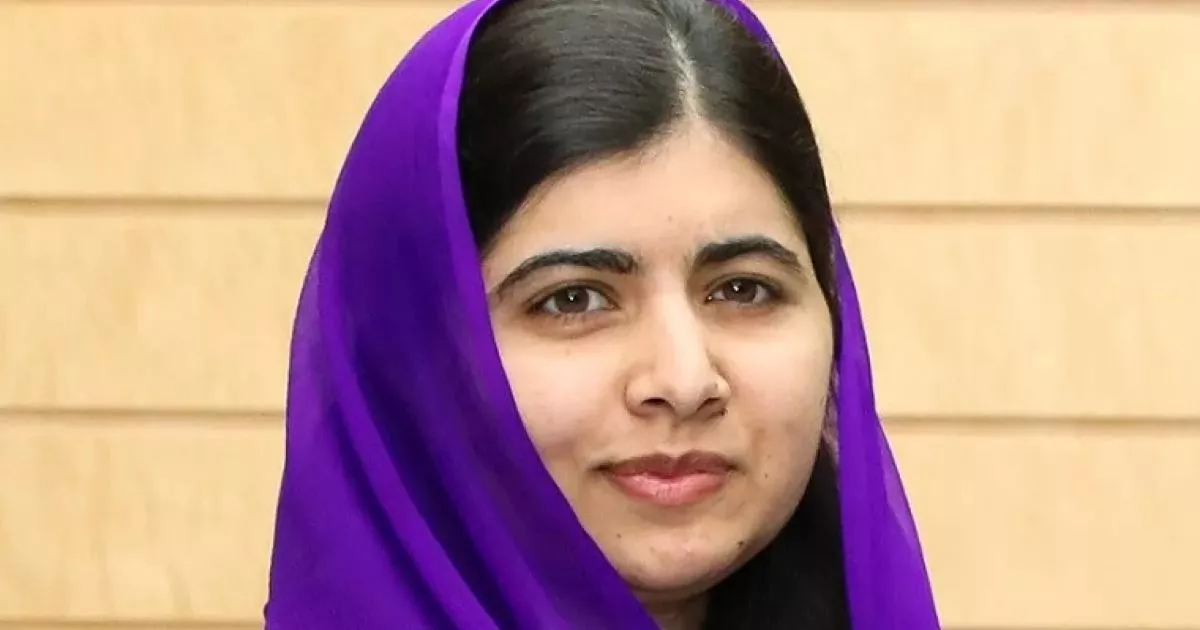A detailed timeline of the impact and legacy of Malala Yousafzai across different fields.
Malala Yousafzai is a Pakistani activist advocating for female education, notably in the Swat Valley where the Taliban restricted girls' schooling. Surviving an assassination attempt for her activism, she became the youngest-ever Nobel Peace Prize laureate in 2014. Her advocacy has evolved into a global movement, solidifying her status as a prominent figure in human rights and education, especially for women and children, and has been described as Pakistan's most prominent citizen.
1979: Abdus Salam Receives Nobel Prize
In 1979, Abdus Salam was the first Pakistani to receive a Nobel Prize for Physics. Yousafzai is the second Pakistani to receive a Nobel Prize.
October 2012: Gordon Brown Launches Petition 'I am Malala'
On October 15, 2012, UN Special Envoy for Global Education, Gordon Brown, visited Yousafzai in the hospital and launched a petition in her name, using the slogan "I am Malala", advocating for universal education by 2015.
January 2013: International Recognition
In January 2013, Deutsche Welle reported that Malala Yousafzai had become "the most famous teenager in the world" following the attempt on her life in October 2012.
July 2013: Yousafzai Addresses United Nations
In July 2013, Yousafzai addressed the United Nations and had an audience with Queen Elizabeth II in Buckingham Palace, amplifying her message on the global stage.
July 2013: Yousafzai's 16th Birthday Speech at UN
On July 12, 2013, Yousafzai's 16th birthday, she spoke at the UN calling for worldwide access to education, in what was dubbed "Malala Day" by the UN. She led the first Youth Takeover of the UN, addressing over 500 young education advocates.
October 2013: Publication of "I Am Malala"
In October 2013, Malala Yousafzai's memoir, "I Am Malala: The Story of the Girl Who Stood Up for Education and Was Shot by the Taliban", co-written with Christina Lamb, was published and received various reviews.
2013: Co-founding Malala Fund and Co-Authoring "I Am Malala"
In 2013, Malala Yousafzai co-founded the Malala Fund and co-authored "I Am Malala", which became an international bestseller. She also received the Sakharov Prize in 2013.
July 2014: Yousafzai Speaks at Girl Summit in London
In July 2014, Yousafzai spoke at the Girl Summit in London, continuing her advocacy for girls' education and empowerment on an international platform.
October 2014: Yousafzai Donates to UNRWA
In October 2014, Yousafzai donated $50,000 to the UNRWA for the reconstruction of schools in the Gaza Strip, showing her commitment to supporting education in conflict zones.
October 2014: Yousafzai Awarded Nobel Peace Prize
On October 10, 2014, Yousafzai was announced as the co-recipient of the 2014 Nobel Peace Prize for her fight against the suppression of children and young people and for the right of all children to education, making her the youngest Nobel laureate at age 17.
2014: Interruption of Nobel Peace Prize Ceremony
In 2014, Adán Cortés, an asylum seeker from Mexico City, interrupted Malala Yousafzai's Nobel Peace Prize award ceremony to protest the Iguala mass kidnapping in Mexico. Malala sympathized, acknowledging global issues faced by young people.
2014: Nobel Peace Prize
In 2014, Malala Yousafzai was the co-recipient of the Nobel Peace Prize with Kailash Satyarthi, making her the youngest-ever Nobel Prize laureate at the age of 17.
2014: Yousafzai's Political Aspirations
In 2014, Yousafzai stated she wished to return to Pakistan and consider running for prime minister, inspired by Benazir Bhutto.
2014: Children's edition of memoir published
In 2014, a children's edition of Malala Yousafzai's memoir was published under the title "I Am Malala: How One Girl Stood Up for Education and Changed the World".
2014: Yousafzai on Feminism
In 2014, when asked on Forbes Under 30 Summit, Yousafzai stated that she did not describe herself as a feminist.
June 2015: Malala Fund on Rohingya Persecution
In June 2015, the Malala Fund released a statement in which Yousafzai advocated for the Rohingya people's citizenship and equal rights, urging an end to their persecution in Myanmar.
July 2015: Yousafzai Opens School for Syrian Refugees
On July 12, 2015, her 18th birthday, Yousafzai opened a school in the Bekaa Valley, Lebanon, near the Syrian border, for Syrian refugees, funded by the Malala Fund.
2015: Subject of Documentary "He Named Me Malala"
In 2015, Malala Yousafzai was the subject of the Oscar-shortlisted documentary "He Named Me Malala", further highlighting her activism.
2015: Yousafzai Adopts Feminist Identity
In 2015, Yousafzai declared herself a feminist after being inspired by Emma Watson's speech at the UN launching the HeForShe campaign.
2015: Yousafzai Considers Running for Prime Minister
In 2015, Yousafzai repeated her aim to potentially join the government or become prime minister to help her country.
2015: Petition Goal Year for "I am Malala"
The petition 'I am Malala' hoped that by 2015, no child would be left out of school and girls like Malala everywhere would soon be going to school.
2016: Yousafzai Reiterates Political Ambitions
In 2016, Yousafzai reiterated her desire to return to Pakistan and potentially pursue a career in politics, including running for prime minister.
2016: Depiction in "Zoolander 2"
In the 2016 film "Zoolander 2", Malala Yousafzai is depicted as dating/marrying Derek Zoolander Jr.
September 2017: Yousafzai Condemns Rohingya Treatment
In September 2017, speaking in Oxford, Yousafzai condemned the persecution of the Rohingya people in Myanmar and called for Nobel Peace Prize laureate Aung San Suu Kyi to speak out against their treatment.
October 2017: Publication of "Malala's Magic Pencil"
On 17 October 2017, Malala Yousafzai's picture book, "Malala's Magic Pencil", illustrated by Kerascoët, was published.
2017: Honorary Canadian Citizenship
In 2017, Malala Yousafzai was awarded honorary Canadian citizenship and became the youngest person to address the House of Commons of Canada.
2017: Words Used in Song
In 2017, words from Yousafzai's speech were used as lyrics for "Speak Out", a song by Kate Whitley commissioned by BBC Radio 3 and broadcast on International Women's Day.
March 2018: Interview with David Letterman
In March 2018, Malala Yousafzai was interviewed by David Letterman on his Netflix show, My Next Guest Needs No Introduction. She discussed the Taliban's misogyny and her forgiveness towards her attackers.
March 2018: Announcement of "We Are Displaced"
In March 2018, it was announced that Malala Yousafzai's next book, "We Are Displaced: True Stories of Refugee Lives", would be published on 4 September 2018.
March 2018: Reported sales of "Malala's Magic Pencil"
In March 2018, it was reported that Malala Yousafzai's book, "Malala's Magic Pencil", had over 5,000 sales in the UK.
March 2018: Return to Pakistan
On 29 March 2018, Malala Yousafzai returned to Pakistan for the first time since the shooting. She met with the Prime Minister and visited her hometown Mingora, expressing pride in her religion and country.
September 2018: Publication of "We Are Displaced" announced
Malala Yousafzai's next book We Are Displaced: True Stories of Refugee Lives, which was announced to be published in March 2018, was scheduled to be published on 4 September 2018.
2018: Yousafzai Changes Political Aspirations
In 2018, Yousafzai noted that her goal of becoming prime minister had changed, indicating there are other ways to bring about change. In an interview with David Letterman, she stated she didn't want to hold a political position.
January 2019: Publication of "We Are Displaced"
Malala Yousafzai's book We Are Displaced was published on January 8, 2019.
2019: Reference in "Booksmart"
In the 2019 film "Booksmart", two main characters use "Malala" as a code word, which Malala Yousafzai approved of.
July 2021: Urged ceasefire in Afghanistan
In July 2021, amid a Taliban offensive, Malala Yousafzai urged the international community to press for a ceasefire in Afghanistan and provide humanitarian aid.
August 2021: Expressed concern over women's rights in Afghanistan
In August 2021, following the Taliban takeover of Kabul, Malala Yousafzai expressed concerns about the fate of women's rights in Afghanistan.
2021: Views on marriage
In 2021, after her marriage, Malala Yousafzai clarified her views on marriage, stating her concerns were related to child marriage, forced marriage, and unequal partnerships.
March 2022: Advocated for women's right to choose
On 7 March 2022, Malala Yousafzai advocated for every woman's right to choose what to wear, from a burqa to a bikini, emphasizing individual freedom and autonomy.
October 2023: Criticism over stance on Gaza-Israel conflict
In October 2023, Malala Yousafzai faced criticism for her initial silence on Israel's attacks on Gaza, leading to a backlash and a subsequent reaffirmation of her support for the people of Gaza and calls for a ceasefire.
2023: Honorary Fellow at Linacre College, Oxford
In 2023, Malala Yousafzai returned to Oxford to become the youngest-ever Honorary Fellow at Linacre College.
2023: Portrayal in "Spider-Man: Across the Spider-Verse"
In 2023, Malala Yousafzai was portrayed as Malala Windsor / Spider-UK (Earth-835) in the animated film "Spider-Man: Across the Spider-Verse".
Mentioned in this timeline
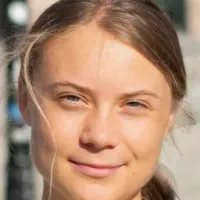
Greta Thunberg is a Swedish climate activist who gained international...

Barack Obama the th U S President - was the...

Hillary Diane Rodham Clinton is a prominent American politician lawyer...
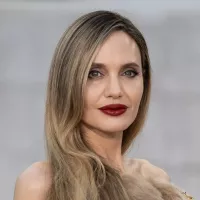
Angelina Jolie is a prominent American actress filmmaker and humanitarian...
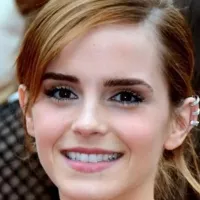
Emma Watson is a highly successful English actress recognized as...
Apple TV is a digital media player and microconsole by...
Trending
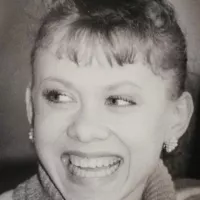
11 minutes ago Baiul, Kerrigan, and Chen Revisit Historic 1994 Olympics Photo: A Nostalgic Reunion
12 minutes ago Omaha Braces for Winter Storm: Schools and Businesses Alter Schedules
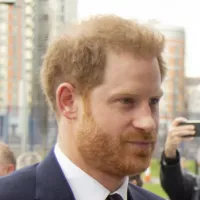
12 minutes ago Prince Harry Uses Intermediary to Contact Prince William; Relations Remain Strained
13 minutes ago Mason Thames' New Comedy with Peter Dinklage Receives Positive Reviews; Dominates Netflix.
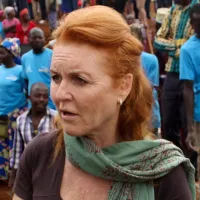
13 minutes ago Sarah Ferguson faces company dissolutions following Epstein scandal; six businesses to close.

1 hour ago Clara Tauson Dominates Linette in Dubai, Secures WTA 1000 Quarterfinal Spot
Popular

Jesse Jackson is an American civil rights activist politician and...
Randall Adam Fine is an American politician a Republican who...

Pam Bondi is an American attorney lobbyist and politician currently...

Barack Obama the th U S President - was the...

Martin Luther King Jr was a pivotal leader in the...

Ken Paxton is an American politician and lawyer serving as...
